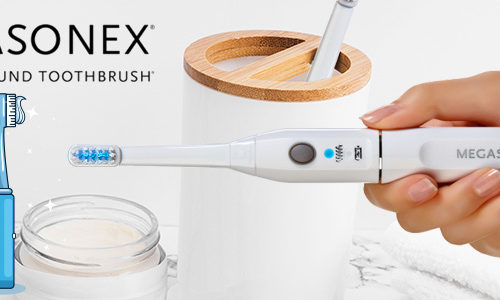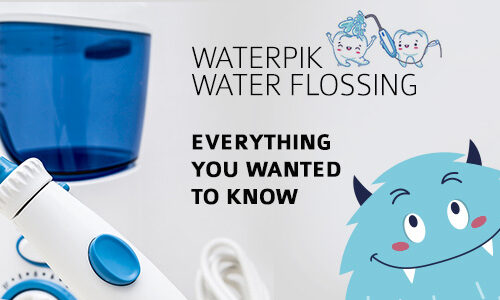
Why Does Listerine Burn? Listerine Burns my Tongue!
This article is a part of our Q&A series in which we give detailed answers to our readers' questions. Have a question? Don't hesitate and send it to us to get a detailed answer!
Mouthwash, particularly Listerine, is a common addition to many oral hygiene routines. However, you may have noticed a burning sensation when using Listerine. This comprehensive guide will delve into why Listerine causes this sensation and what you can do about it.
What is Listerine?
Listerine is a brand of antiseptic mouthwash that aims to reduce plaque, gingivitis, and bad breath. It contains a combination of ingredients, including essential oils and alcohol, that work together to kill bacteria and improve oral health.
Main Ingredients in Listerine
Listerine’s formula includes the following active ingredients:
- Eucalyptol: Derived from eucalyptus, it has antiseptic properties
- Menthol: Provides a cooling sensation and helps mask bad breath
- Thymol: Derived from thyme, it has antimicrobial properties
- Methyl salicylate: Derived from wintergreen, it serves as a flavoring agent and has antiseptic properties
- Alcohol (optional): Serves as a solvent and has antiseptic properties
Reasons for the Burning Sensation
Alcohol Content: One of the main reasons Listerine burns is due to its alcohol content. The alcohol acts as an antiseptic, helping to kill bacteria, but can also cause a burning sensation on the sensitive tissues inside the mouth. For some individuals, especially those with small abrasions or sores, the burning can be more intense.
Essential Oils: The essential oils in Listerine, like eucalyptol and thymol, have antiseptic properties, but can also be quite potent and cause a tingling or burning sensation, especially if the mouth tissues are already inflamed or sensitive.
Mouth Sensitivity: Some people have more sensitive oral tissues than others. If your mouth is sensitive, the combination of alcohol and essential oils in Listerine can make the burning sensation more noticeable.
Managing and Preventing the Burning Sensation
Opt for an Alcohol-Free Variant: Listerine offers alcohol-free versions of their mouthwash, which can be a good alternative for those who find the regular version too harsh. These variants usually don’t cause the same level of burning sensation.
Dilute the Mouthwash: If the burning sensation is too intense, you can dilute Listerine with water. However, keep in mind that diluting it too much may reduce its effectiveness.
Shorten the Rinse Time: If you experience a burning sensation, try reducing the time you keep the mouthwash in your mouth. The instructions might say to rinse for 30 seconds, but if it’s too intense, try 10-15 seconds.
Consult Your Dentist: If the burning sensation is causing discomfort or pain, consult your dentist. They can offer advice on whether Listerine is appropriate for your oral health needs and may suggest an alternative mouthwash.
Bottom line
Listerine can cause a burning sensation due to its alcohol content and the essential oils it contains. If you find the sensation too intense, you can try diluting the mouthwash, using an alcohol-free version, or reducing the time you rinse. It is always advisable to consult your dentist for personalized advice and recommendations on the best oral care products for your specific needs.
This Q&A series article is complete and was published on July 16, 2023, and last updated on July 16, 2023.




